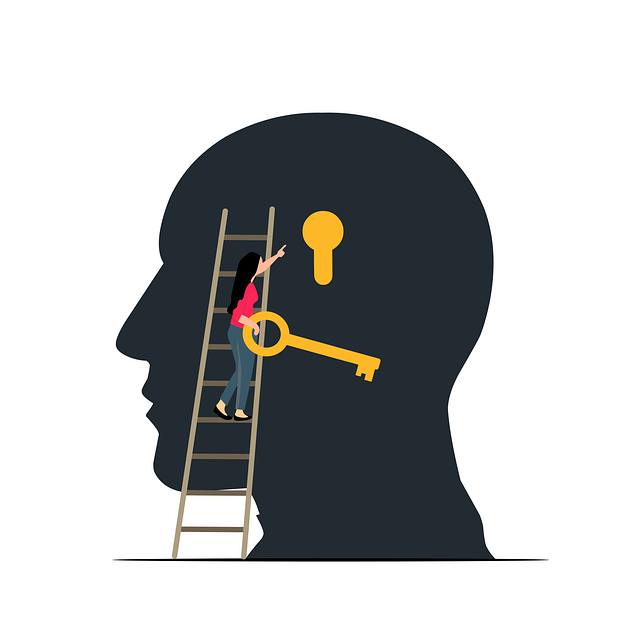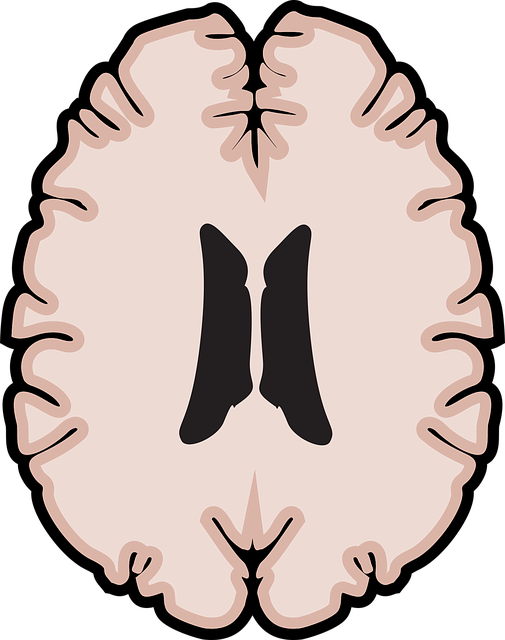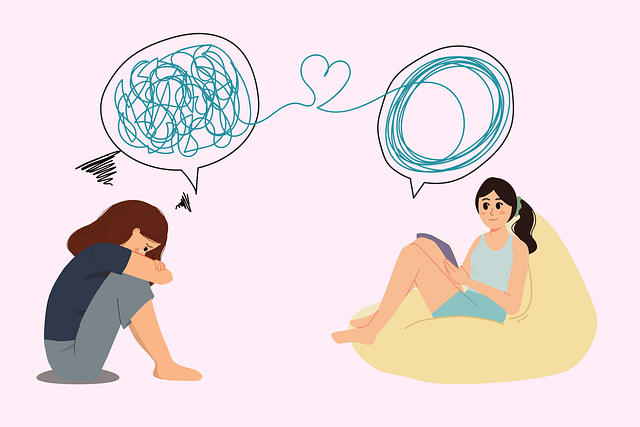Aurora Oppositional Defiance Disorder (ODD) therapy emphasizes emotion regulation skills training as a powerful tool against persistent anger and defiant behavior. Through cognitive restructuring, mindfulness exercises, and positive reinforcement, therapists teach patients to understand and manage their emotions healthily. This holistic approach enhances impulse control, improves relationships, combats mental illness stigma, and promotes long-term emotional intelligence, benefiting both individuals with ODD and healthcare providers. Tailored guidance techniques, including stress management and journaling, ensure diverse strategies resonate with unique experiences, fostering self-care practices and improved mental wellness.
Emotion regulation techniques are crucial in managing and mitigating symptoms of Aurora Oppositional Defiance Disorder (ODD). This comprehensive guide explores the profound impact of emotion regulation on individuals with ODD, delving into the specific role of ODD therapy in teaching these skills. We discuss practical strategies for therapists and parents, highlighting benefits, challenges, and implementation tips to successfully integrate emotion regulation training into ODD therapy.
- Understanding Emotion Regulation and Its Impact on Individuals with ODD
- The Role of Aurora Oppositional Defiance Disorder (ODD) Therapy in Teaching Emotion Regulation Techniques
- Practical Strategies for Teaching Emotion Regulation Skills to Children with ODD
- Benefits, Challenges, and Implementation Tips for Integrating Emotion Regulation Training into ODD Therapy
Understanding Emotion Regulation and Its Impact on Individuals with ODD

Emotion regulation refers to the ability to understand, manage, and respond to one’s emotions in healthy and adaptive ways. It plays a pivotal role in an individual’s overall well-being, especially for those diagnosed with Aurora Oppositional Defiance Disorder (ODD). ODD is characterized by persistent anger, irritability, and defiant behaviour, often leading to significant impairments in various areas of life. Through effective emotion regulation techniques, individuals with ODD can learn to identify and control their emotional responses, fostering better impulse control and improving relationships.
Teaching these skills can significantly impact therapy outcomes. For instance, incorporating emotional intelligence training enables individuals to recognize and interpret their emotions, promoting self-care practices that mitigate the effects of mental illness stigma reduction efforts. By mastering emotion regulation, folks with ODD can enhance their ability to cope with challenging situations, boost their self-esteem, and foster more positive interactions with peers and family members.
The Role of Aurora Oppositional Defiance Disorder (ODD) Therapy in Teaching Emotion Regulation Techniques

Aurora Oppositional Defiance Disorder (ODD) therapy plays a pivotal role in teaching emotion regulation techniques. This therapeutic approach is designed to help individuals with ODD learn to manage their intense emotions and improve their behavioral responses. By focusing on emotional intelligence, therapists guide patients to identify and understand their feelings, a crucial step in regulating them effectively. Techniques such as cognitive restructuring, mindfulness exercises, and positive reinforcement are integrated into the therapy process, enabling individuals to develop healthier coping mechanisms.
Beyond emotion regulation, ODD therapy contributes to burnout prevention strategies for healthcare providers by offering tools to navigate challenging behaviors often exhibited by patients with this disorder. Enhancing mood management skills through these therapeutic interventions not only benefits the individual with ODD but also fosters a more supportive and positive environment for everyone involved. This holistic approach not only addresses immediate emotional needs but also promotes long-term emotional intelligence, laying the groundwork for improved mental health outcomes.
Practical Strategies for Teaching Emotion Regulation Skills to Children with ODD

Teaching emotion regulation skills to children with Oppositional Defiance Disorder (ODD) requires practical and tailored strategies that cater to their unique needs. Aurora Oppositional Defiance Disorder therapy often emphasizes a multi-faceted approach, combining behavioral interventions with cognitive-behavioral techniques. One effective method is helping children develop a self-care routine for better mental health. This can include simple practices such as deep breathing exercises, mindfulness activities, or engaging in hobbies they find enjoyable and calming. By integrating these routines into their daily lives, children learn to recognize and manage their emotions more effectively.
Additionally, instilling mind over matter principles can empower kids with ODD to reframe their thoughts and reactions. Encouraging a growth mindset allows them to view challenges as opportunities for learning and personal growth rather than as insurmountable obstacles. Cultural sensitivity in mental healthcare practice is also vital, ensuring that teaching methods respect and accommodate the child’s cultural background and family dynamics. This approach fosters trust and engagement, making it easier for children to embrace and implement emotion regulation techniques.
Benefits, Challenges, and Implementation Tips for Integrating Emotion Regulation Training into ODD Therapy

Integrating emotion regulation training into ODD (Aurora Oppositional Defiance Disorder) therapy offers significant benefits for individuals navigating this challenge. By equipping them with tools to understand and manage their emotions, this approach fosters improved mental wellness. Through techniques like mindfulness exercises and cognitive reframing, patients can gain a deeper sense of self-awareness and emotional control, enhancing their overall well-being.
However, implementation presents its challenges. ODD therapy often involves intense and volatile behaviors, making it crucial to tailor guidance approaches. Mental wellness journaling exercises can provide a safe space for expression while building confidence in managing emotions. Stress management techniques, when incorporated into daily routines, offer practical tools for coping with frustration and anger. It is essential to offer diverse strategies, ensuring each individual finds methods that resonate with their unique experiences.
Aurora Oppositional Defiance Disorder (ODD) therapy plays a pivotal role in empowering children with ODD to manage their emotions effectively. By integrating practical emotion regulation training, therapists can help young individuals understand and control their feelings, leading to improved behavioral outcomes. This comprehensive approach not only benefits the child but also strengthens their overall well-being and relationships. With consistent practice and support, the skills learned can become a lasting tool for navigating life’s challenges, fostering resilience, and enhancing quality of life.














